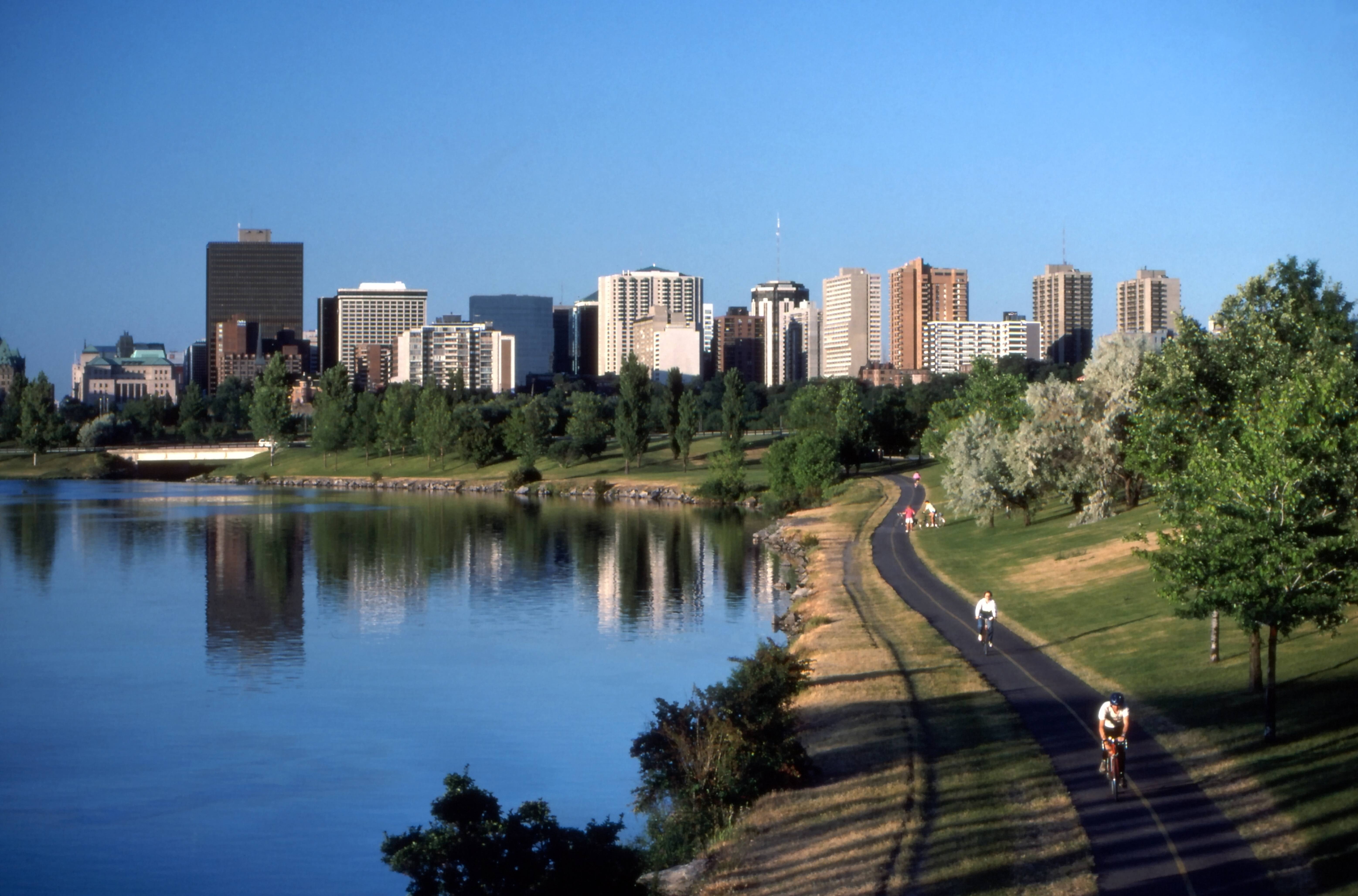Vancouver: Growing a Green Economy
The Vancouver Economic Commission (VEC) hosted a workshop at the Cities & Regions Pavilion – TAP2015 at COP21 on Saturday, 5 December. In the session, VEC described its success in stimulating green economic development, assessing which aspects could be replicated in other cities and detailing the challenges that cities might face in this endeavor.
Raymond Louie, Acting Mayor of Vancouver, opened the session by emphasizing the importance of economics for a green strategy, stating that “we need to make sure we show value for money for our citizens.”
Bryan Buggey, Director of Strategic Initiatives and Sector Development at VEC, explained that Vancouver serves as a “gateway to the greenest business corridor on the planet” and that the vision of the VEC is to make the city “a mecca for clean enterprise.” Currently, at least 20% of Canada’s clean technology businesses are located in Vancouver. The city’s Greenest City Action Plan, which has mobilized 35,000 stakeholders, has three themes – zero carbon, zero waste and healthy ecosystems – and 10 goals. Since then, the VEC has helped Vancouver to grow its green jobs sector by 19% – more than double the rate of any other sector in Vancouver.
One of the VEC’s initiatives is the Green & Digital Demonstration Program (GDDP). The GDDP provides clean technology and digital entrepreneurs with access to city-owned infrastructure and assets for proof-of-concept trials and pilot testing. The city, Buggey explained, has significant assets; these are offered for free to businesses to test innovative products that can contribute to sustainability and climate change mitigation. As well as benefiting the city, the products can be showcased to investors visiting Vancouver. Over 60 companies applied for the first phase, and 11 projects are now in the pipeline to be implemented in 2016.
In the workshop following the presentations, Martin Haese, Lord Mayor of Adelaide, Australia, raised the question of intergovernmental relations and coordination with the state government. Raymond Louie admitted that the amount of uptake for green economic policies varied from party to party. However, he said that by engaging 35,000 people in Vancouver, the city had helped to change the mindset of the general public, which in turn influenced public policy.
A representative of the City of Christchurch, New Zealand commented that, after the earthquake in Christchurch in 2011, the government had not taken the opportunity to drive green economic development. He wondered what should be said to city leaders to encourage investment. Raymond Louie commented that complicated targets and percentages tend to confuse people. If it is possible to develop a dramatic target like 100% renewable energy, this can “capture the mindset of the public.”
Participants also questioned the extent to which successful green economic development affected social development. As an extremely successful green city, Vancouver is an attractive place to live. However, this success risked making housing too expensive.
A representative of Cape Town, South Africa commented that the big challenge for the city was managing the green data – in particular, pulling the “green” from the “data” and avoiding double-counting. It was also extremely difficult to convince political leaders to invest in green economic strategies, despite their enthusiasm for the strategies in general. One strong argument in this respect, she explained, is job creation, which cannot be argued against. She added that it was important to find different “sweet spots” for different people in terms of making green economic development attractive. Cape Town has had success with its 110% green initiative, which does not set targets for businesses but asks them to set their own targets but improve on them each year.
This session allowed cities to learn from the success of the VEC and of Vancouver more generally, while exploring challenges that they face in their own jurisdictions. This conversation will be continued at in March 2016, when Vancouver will invite the world to the GLOBE 2016 conference – a key opportunity to connect on the ‘Road from Paris’.
For the past 25 years, the GLOBE Series has served as the nexus for global networking and leadership on the business of the environment, attracting leaders from around the world. Taking place every two years in Vancouver, GLOBE brings together leaders from the international sustainable business community, offering a forum for learning and networking. In addition, GLOBE 2016 will help cities and businesses to make sense of the post-COP21 reality, adjusting and contributing to the new climate regime.
This blog post was developed by ICLEI-Local Governments for Sustainability in collaboration with VEC.





